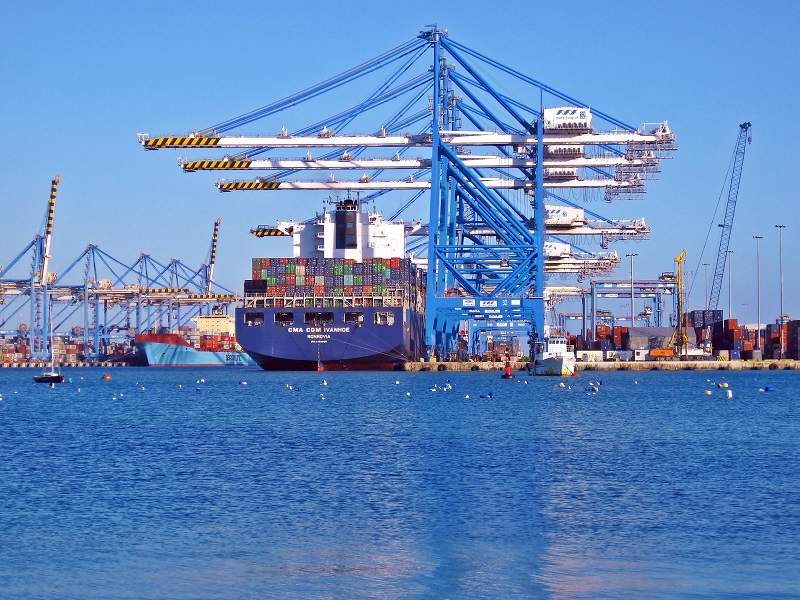
Liquefied natural gas (LNG) is enjoying an increasing popularity in the shipping industry as companies’ preferred fuel solution, a survey by multinational professional services network Deloitte has found.
The survey revealed that a growing number of firms are switching to LNG in a bid to conform to the International Maritime Organization’s (IMO) new international emissions standards for marine bunker fuels.
Deloitte asked over 80 senior energy industry leaders across the Asia Pacific region to name the biggest barriers encountered when adopting LNG as a transport fuel at its second annual Deloitte Energy Trading Summer in Singapore.
Survey respondents identified the lack of refuelling and bunkering infrastructure as the key impediment to a large scale adoption of LNG. They also highlighted the retrofitting and/or redesign of the existing shipping fleet and the price competitiveness of LNG compared to other liquid fuels as obstacles.
However, 68% of the industry leaders recognised that the fuel could have a positive effect on their overall business.
Deloitte Global LNG leader and Australia oil and gas lead Bernadette Cullinane said: “LNG is particularly well placed to benefit from the IMO’s emissions legislation. Our survey results are clear recognition the stricter standards will open the door for cleaner marine fuels like LNG and low sulphur marine gas oil to displace heavy fuels.
“Almost every maritime authority in the world that offers bunkering is now taking a serious look at LNG as an alternative to fuel oil. Whilst infrastructure is an issue, it is being built, and new vessels have been designed, built and are on order.”
Cullinane also said that the globalisation of the LNG market will prompt companies to look at new applications and new markets for gas. She added: “One of the biggest opportunities for LNG over the next decade will be in transportation, particularly as a marine fuel.”
“This option is rapidly gaining momentum, presenting an attractive market opportunity for LNG producers. With competition from alternative fuels, especially renewables in the power generation space, LNG needs to develop new customer markets to absorb supply and justify investment in new production facilities.
“Transportation is a terrific opportunity for LNG suppliers to tap into a growing market. By expanding the customer base, it’s a play that will help underwrite and de-risk future supply developments.”



